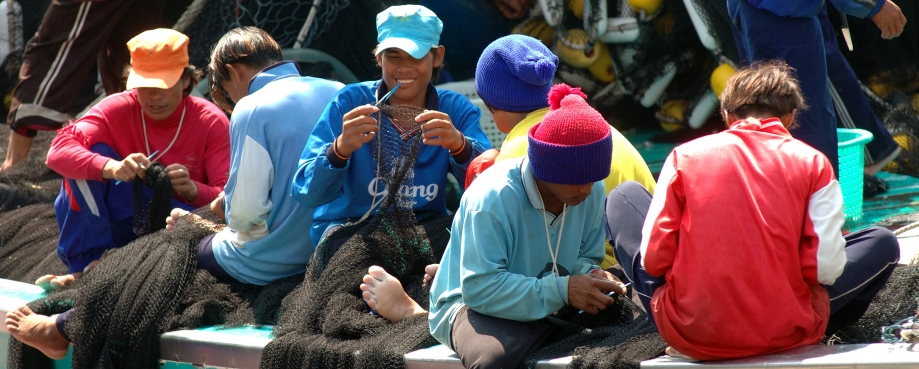
On behalf of ETI and its member companies, NGOs and trade unions, I would like to congratulate GSA. I have over recent years been a member of the Oversight Board at Seafish and more recently a member of the Advisory Committee for Global Seafood Assurances.
As such, I have helped create and shape a new Standard – the Responsible Fishing Vessel Standard – now, not just a UK Standard, but a new Global Standard.
While ETI does not argue that Standards alone can bring about the sort of fundamental changes needed to correct all the injustices committed towards fishing vessel crews, I do believe that this Standard paves the way for progressive improvements that will protect many existing crew and will provide a challenge that any company that claims to be a responsible fisheries business will need to take up.
This interview with the Managing Director of Australian Longline Fishing, Malcolm McNeill, makes for a really interesting read. Malcom in his interview demonstrates some of the value in such Standards as they hold up good practice, encourage continuous improvement and present responsible business alternatives that buyers and retailers can then identify and favour over lower performing practitioners. And, in an industry such as fishing, with all the associated risks to health and safety, risks of slavery and the destruction of our sustainable fish stocks, this feels like an important step.
Business can go so far in driving good practice as directed by the UNGPs, but States have a clear role too in bringing change. The RVFS should help to allow good practitioners to stand out and be counted.
The more that we can draw a clear line between those businesses that are responsible and ethical and those that are not, the better we will be able to then shine a spot light on bad practice and IUU fishing in particular. Once identified, these poor standard and often illegal operators need to be the focus of regulators and prosecutors. Business can go so far in driving good practice as directed by the UNGPs, but States have a clear role too in bringing change. The RVFS should help to allow good practitioners to stand out and be counted.
I encourage all ETI commercial members to support this new standard by specifying that their suppliers all seek RVFS certification and so help raise standards and protect workers and fish stocks.”
